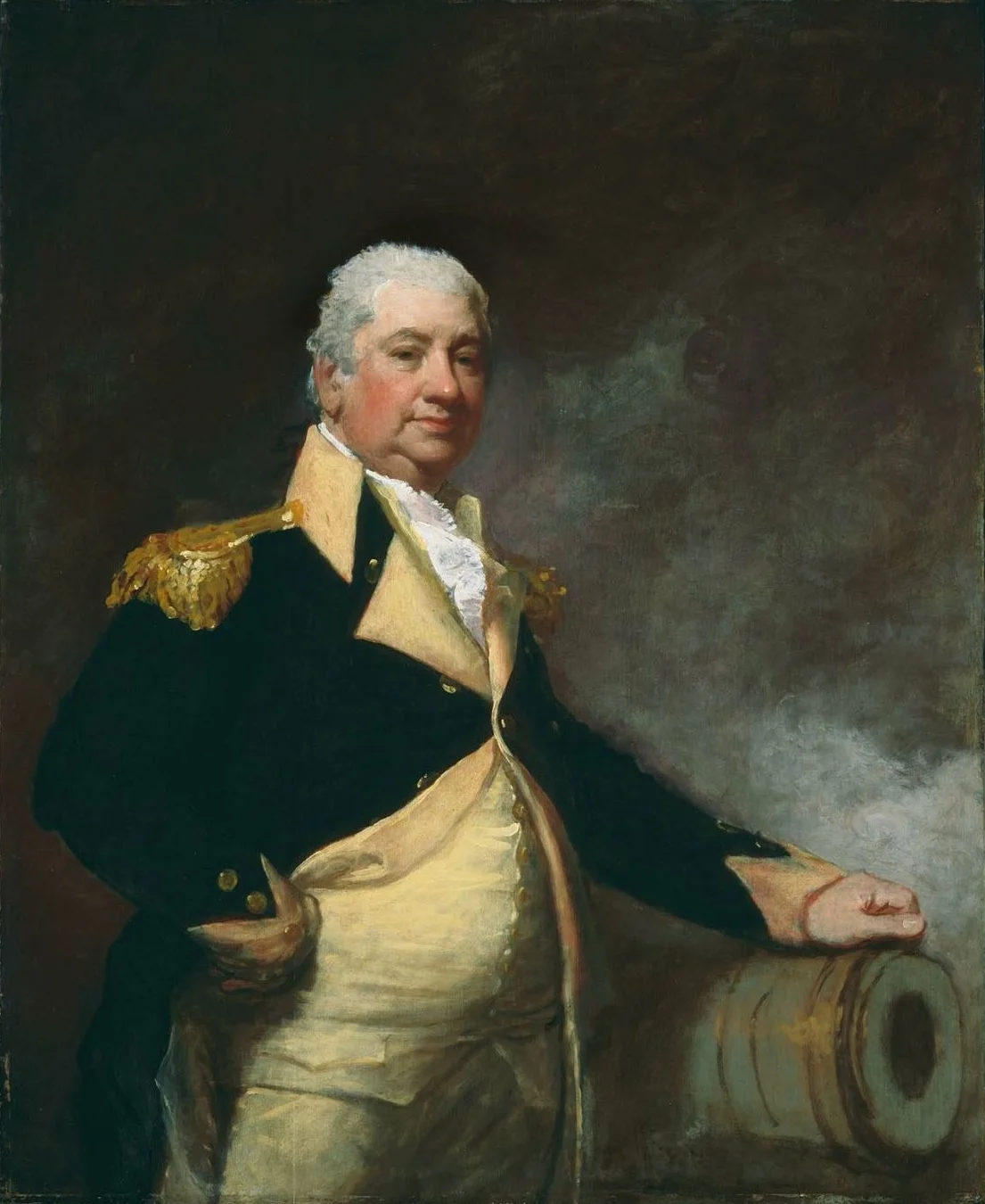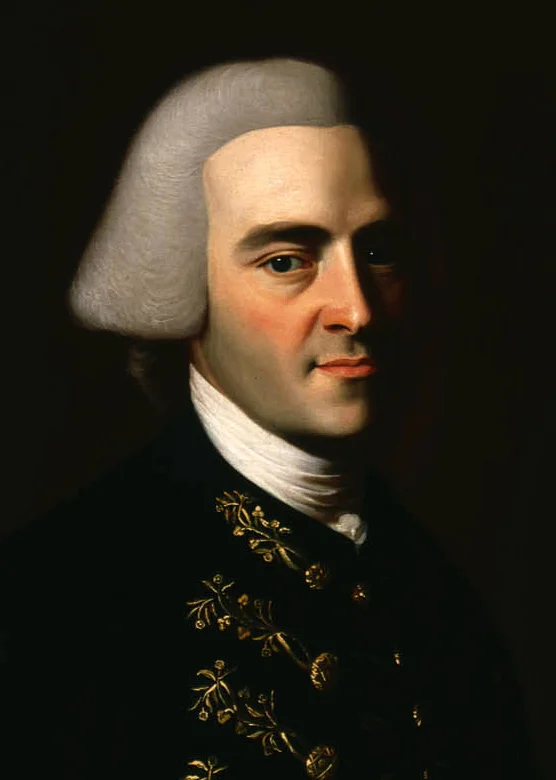Henry Knox - Books, Artillery and War
Fort Knox generally makes us think of gold, and maybe aliens. Rarely do we think of its namesake, Henry Knox, and his contributions to the American Military.
Books
Henry Knox was forced to take care of his family by age 12 when his father passed away. He took up an apprenticeship with a local bookseller who was kind enough to let Knox read anything he liked.
By age 20, Knox had opened his own bookstore in Boston. His establishment was frequented by British soldiers as well the local elite. His reading and conversation often turned to military tactics and history.
By the time of Lexington and Concord in 1775, Henry Knox was still only 25. He and his wife snuck out of the city to join the rebel cause.
This defection would lead to the destruction of his book shop.
Artillery
When Henry Knox joined the rebels outside Boston, General Artemus Ward ordered him to instruct the artillery units during the Battle of Bunker Hill.
When George Washington arrived he quickly developed a friendship with Knox that would last a lifetime. Washington put Knox in charge of artillery for the entire Continental Army.
Knox then proposed the idea he was most known for: move the cannons recently captured at Fort Ticonderoga to Boston. General Washington consented and Henry left for Upstate New York.
The ‘noble train of artillery,’ as it came to be known, was a six-week winter march across frozen rivers and over the snow-covered Berkshire Mountains. The cannons, many weighing over a ton, were pulled by teams of oxen to the Continental forces.
This successful mission led to the fortification of Dorchester Heights. In response, the British evacuated Boston. This was the first major victory for the Patriots in the American Revolution.
War
Henry Knox served for almost every major encounter of the war and was present for the Battle of Yorktown. After the American victory, Washington turned over day to day operations of the army to Knox. In this role, he oversaw demobilization of the Continental Army.
Knox was soon selected by the Confederation Congress as Secretary at War. He used this position to create a military school in northern New Jersey. This is the beginnings of what would become the West Point Academy. He also built two national armories, which would manufacture cannons and shells for militias throughout the States.
After the ratification of the Constitution, Washington gave Knox the honor of being America's First Secretary of War.
As Secretary of War, Henry Knox established the US Navy to protect American ships and coastlines. He was also one of the few people in the cabinet meetings where Thomas Jefferson and Alexander Hamilton had their famous battles over the future of the nation.
Knox retired in 1795 to land in Maine. By the age of 45, Henry Knox had a major hand in both winning the American Revolution and creating the United States Military that we know today.
I hope you found this article interesting. If so, check out one of these related books:








